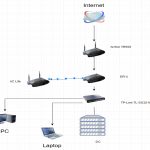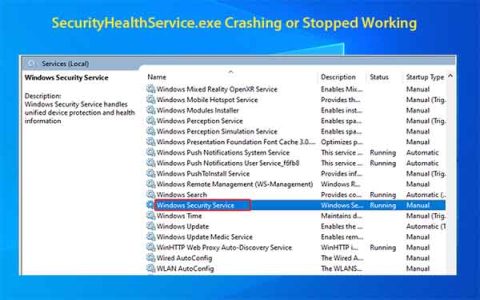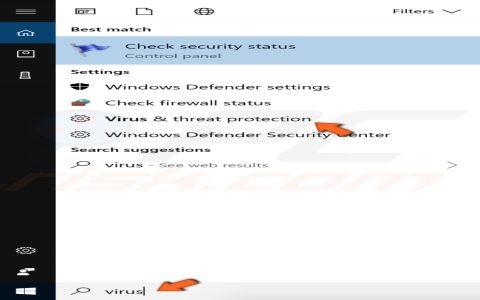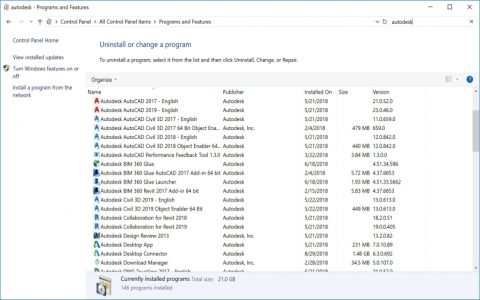Introduction
Home Assistant is an open-source home automation platform that centralizes control of smart devices, offering unparalleled customization and local data privacy. It excels for users seeking a self-hosted solution, avoiding cloud dependencies found in commercial alternatives.
Key Advantages
- Extensive Integrations: Supports thousands of devices via custom integrations and community-built add-ons.
- Privacy Focus: Operates locally, ensuring sensitive data never leaves your network.
- High Customizability: Users can create complex automations using YAML configuration for tailored smart home routines.
- Active Community Support: Thriving forums provide prompt troubleshooting and innovative templates.
Potential Drawbacks
Despite its strengths, Home Assistant presents challenges. The initial setup requires technical proficiency, such as configuring Linux systems or managing virtual environments, which may deter non-technical users. Automation scripting often demands debugging skills, and integrations with proprietary platforms like voice assistants remain limited compared to commercial offerings.
Performance and Reliability
In terms of performance, Home Assistant delivers robust real-time responses when hosted on capable hardware like Raspberry Pi or dedicated servers. However, complex automations can cause occasional instability, necessitating regular updates and backups. System monitoring is essential for sustained reliability.
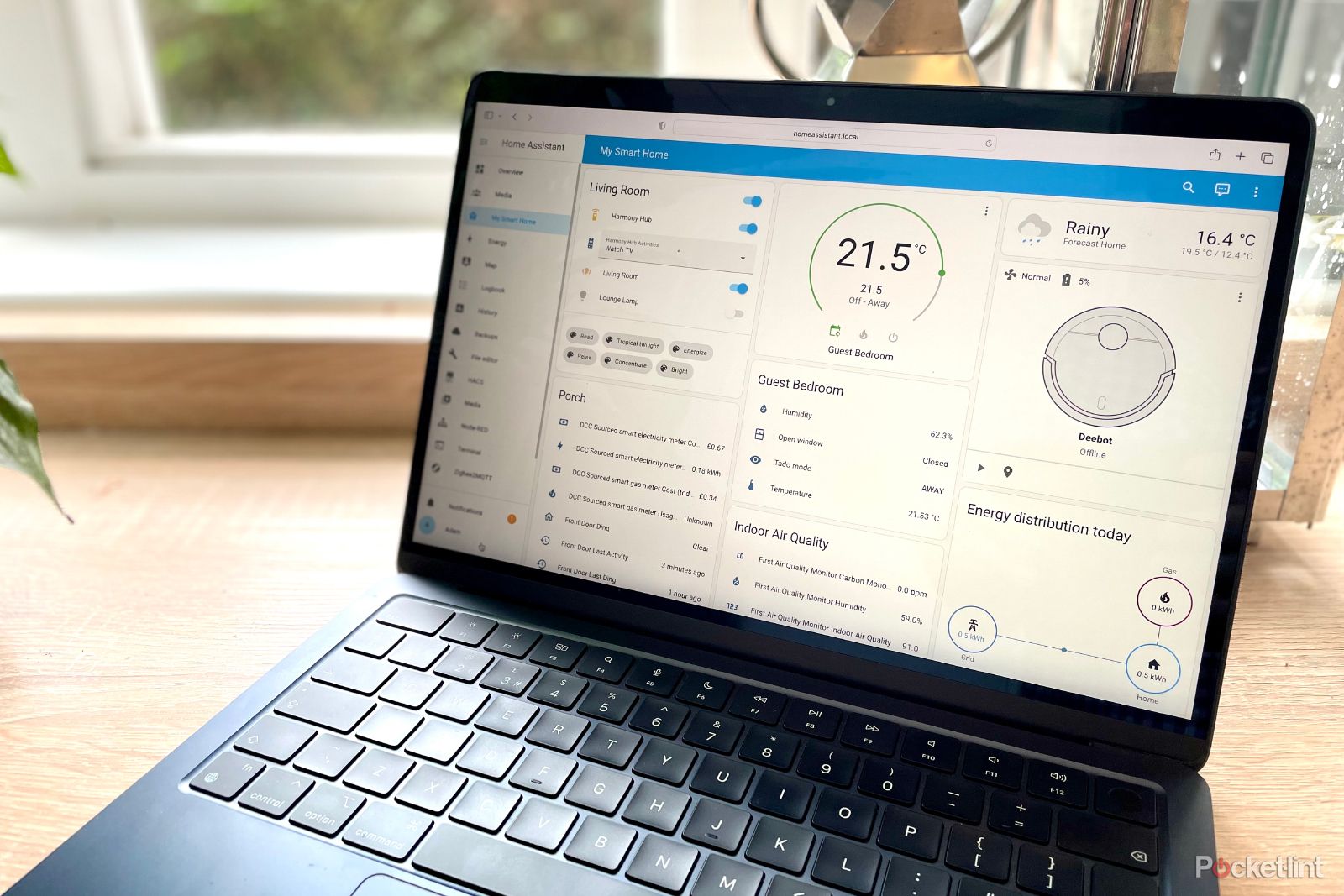
Conclusion
For tech-savvy individuals valuing flexibility and privacy, Home Assistant is a powerful choice. While the learning curve is steep, the freedom from vendor lock-in and expansive features justify the effort for creating a personalized smart home ecosystem.





